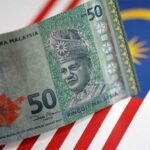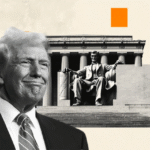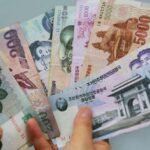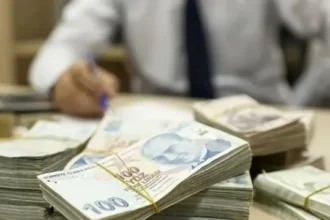South Korea’s negotiations with the United States on a trade deal remain delayed due to concerns over foreign exchange stability. A senior presidential official said Seoul has asked Washington to help minimize the market impact of its planned $350 billion investment package in the U.S.
The deal, initially agreed in July, has yet to be finalized in writing, unlike Japan’s $550 billion trade agreement that U.S. President Donald Trump signed last week. According to Presidential Policy Secretary Kim Yong-beom, South Korea cannot accept the same terms as Japan because of differences in economic structure and currency conditions.
Kim emphasized that the yen enjoys international currency status and Japan maintains foreign exchange reserves nearly three times larger than South Korea’s, supported by a currency swap program. These factors allow Japan to absorb the market impact of its U.S. investment more effectively than Seoul.
Market analysts have expressed concerns that South Korea’s $350 billion investment could intensify downward pressure on the won. The scale far exceeds the $20–30 billion that state-run policy banks can typically procure annually, as well as the national pension fund’s $2–3 billion monthly overseas investments, both already influential in currency markets.
The won is currently trading near 1,390 per dollar, up 6% in 2025 after four years of weakness that pushed it to 15-year lows below the 1,400 mark in 2024. Policymakers warn that any large-scale capital outflow linked to the U.S. deal could destabilize foreign exchange markets.
Finance Minister Koo Yun-cheol confirmed that currency policy is part of the ongoing negotiations and will be included in the final agreement once trade talks conclude. Until then, the timing of the trade deal’s conclusion remains uncertain.





















